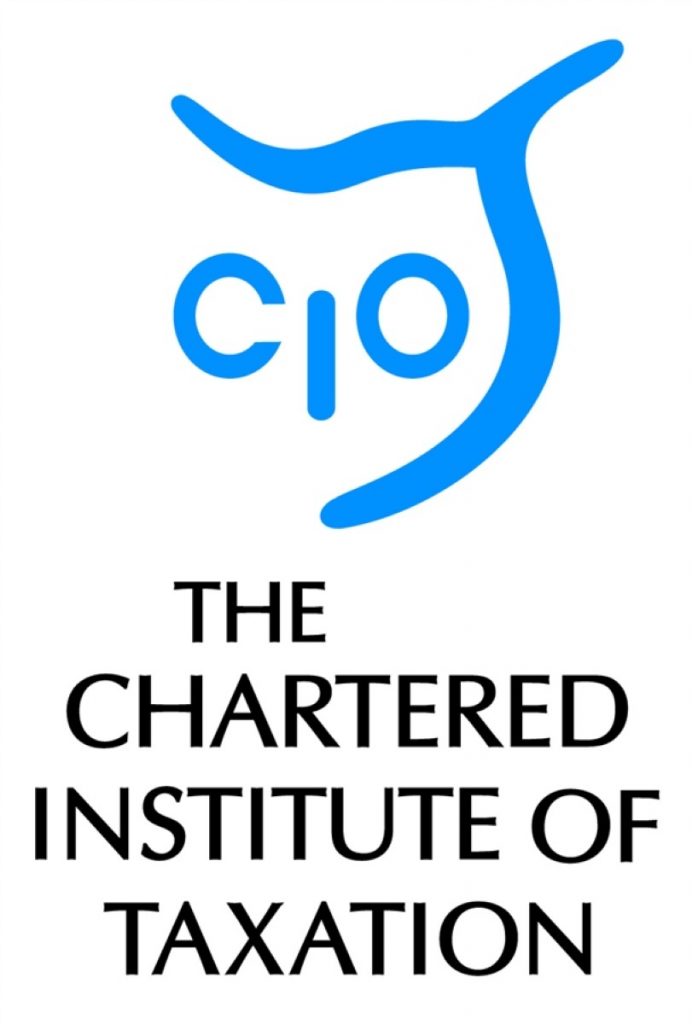Tax experts urge carve out from stamp duty hike for parents helping their children become first time buyers
The Chartered Institute of Taxation (CIOT) has suggested an exemption from the stamp duty surcharge for parents buying a home for their child to live in.
The Government has been consulting on plans to charge an extra three per cent Stamp Duty Land Tax (SDLT) on people’s purchase of additional residential properties worth more than £40,000, from 1 April 2016. Although the policy is to charge these higher rates of SDLT on second homes and buy-to-lets, the changes are so wide that they will potentially catch children whose parents buy jointly with them to help them onto the housing ladder – among the very people whom the Government is hoping to benefit.
After April, buyers who own another property will need to ask themselves: ‘Is the house I am buying a replacement for my old main residence (which is being sold)?’ Broadly if the answer is ‘yes’, the normal rates of SDLT apply but if the answer is ‘no’, three per cent is added to the current SDLT rates.
In the case of joint buyers, if any of them owns another property and is not replacing their main residence, three per cent applies to the entire price. This has led the CIOT to ask the Government for a carve out for joint buyers where the house will be genuinely used as a main residence of someone who does not already have one1 (as long as they are joint owners).
Brian Slater, Chair of the CIOT’s Property Taxes Sub-Committee, said:
“A joint purchase may be made for reasons that have a clear social value and not a bid to set up a buy-to-let business. Life is complex and there are many situations where parents want to support their adult children in buying a home2. Taking even a small interest (while owning another property) means that the extra three per cent is payable on the whole of the purchase price. This will substantially increase the SDLT bill, but there are cases – like supported living – where it is absolutely right for parents to have an equity interest.
“A further key concern with the Government’s wider proposals is that the SDLT system is just not designed to make decisions about what the buyer is going to do with the property. The new system will mean that all sorts of value judgements have to be made about how the property will be used, making the conveyancing process increasingly complex. “
Notes for editors
- The CIOT’s submission to Treasury’s can be viewed here.
- An example of an issue with the changes is when a parent of a child, who is now 18, and who has special or particular needs purchases a flat jointly with their child, to enable him/her to enter supported but independent living. The parents own and retain their own home. The planned higher rate will apply to the entire consideration for the purchase even though the child has one home and the provision of the accommodation has reduced the need for state assistance.
- The Chartered Institute of Taxation (CIOT)
The CIOT is the leading professional body in the United Kingdom concerned solely with taxation. The CIOT is an educational charity, promoting education and study of the administration and practice of taxation. One of our key aims is to work for a better, more efficient, tax system for all affected by it – taxpayers, their advisers and the authorities. The CIOT’s work covers all aspects of taxation, including direct and indirect taxes and duties. Through our Low Incomes Tax Reform Group (LITRG), the CIOT has a particular focus on improving the tax system, including tax credits and benefits, for the unrepresented taxpayer.
The CIOT draws on our members’ experience in private practice, commerce and industry, government and academia to improve tax administration and propose and explain how tax policy objectives can most effectively be achieved. We also link to, and draw on, similar leading professional tax bodies in other countries. The CIOT’s comments and recommendations on tax issues are made in line with our charitable objectives: we are politically neutral in our work.
The CIOT’s 17,500 members have the practising title of ‘Chartered Tax Adviser’ and the designatory letters 0‘CTA’, to represent the leading tax qualification.





-01.png)